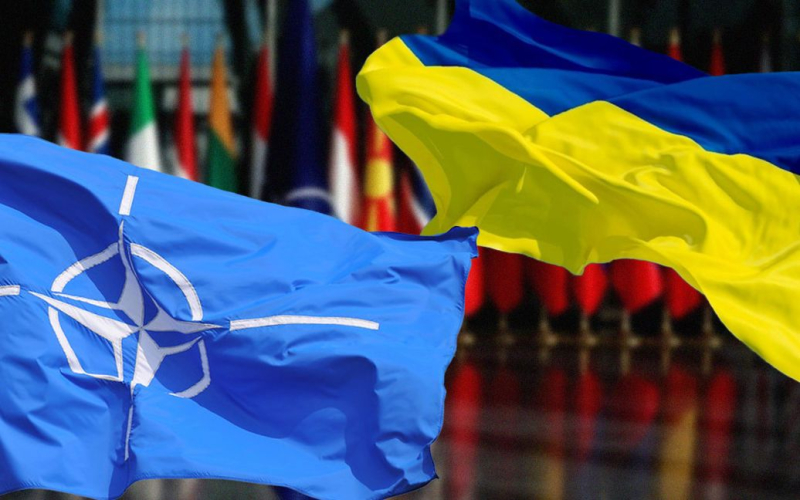
Non-binding security agreements are second in importance to NATO membership, but they are the best Kyiv can get at the moment.
Ukraine will not receive an invitation to join NATO either during the summit in Washington this week or in the near future. Therefore, Kyiv is creating its own network of alliances that can provide Ukraine with support and some security from Russian aggression.
Politico writes about this.
Safety guarantees
Ukraine has already signed 20 bilateral security agreements with its allies, including the United States. They provide for long-term military and financial assistance, training of the Ukrainian military and arms supplies. But none of them talks about the participation of foreign soldiers in hostilities in Ukraine.
“But these deals are a weak sublimation compared to what NATO allies receive. The alliance is built on Article 5 – the provision of “one for all and all for one”, according to which an attack on a member of the Alliance is considered an attack on all. It obliges countries NATO to provide support, including troops, to protect a member of the Alliance,” the authors of the article note.
NATO guarantees, unlike bilateral security agreements, are a treaty. That is, countries have ratified these obligations, and the provisions of the treaty are law. The agreements Ukraine currently enters into do not offer such protection. Instead of promising to send troops to help Kyiv, the agreements provide for “consultations within 24 hours to discuss an appropriate response in the event of further Russian aggression.”
In addition, these agreements are not treaties, therefore they are laws and can be ignored, for example, when the government of an allied country changes.
However, they are a signal of political and economic support for Ukraine from its allies.
Officials argue that the sheer number of countries that have signed agreements with Ukraine still gives some force to this historical precedent, regardless of changes in political power. Even if one or two countries break security agreements, Ukraine will still have a large number of allies supporting its military efforts.
Members of the alliance also plan to consolidate the agreements reached during the NATO summit in Washington.
“At the NATO summit, we will deploy a comprehensive framework that will integrate all of these bilateral security agreements and transform it into a complementary system that leverages the impact of each agreement as a whole,” a US official told reporters on condition of anonymity, without specifying how. this process will be implemented.
A step on the path to NATO
It is believed that the security agreements signed with Ukraine are only an intermediate step on the way to NATO.
“We believe it is important to build a bridge to Ukraine's membership in NATO. Of course, a bilateral security agreement is not a replacement, but we see it as part of this bridge to Ukraine being able to one day join NATO,” US State Department spokesman Vedant Patel said at a briefing this week.
Most agreements state that Ukraine should become a member of NATO, and signatories will help it achieve that goal, from reforms to military training and interoperability. At the same time, Ukrainian and American officials insist on the strength of the agreements.
“This is not a memorandum of understanding. It is a legally binding executory agreement, which means that the obligations that the United States and Ukraine undertake in this agreement are bound by the memorandum of law. This is what Ukraine can do count for 10 years in the future,” a senior US administration official said. . Over the next four years, Ukraine expects to receive $60 billion in support annually, Prime Minister Denis Shmygal said at a government meeting last week.
However, Ed Arnold, senior fellow for European security at London's Royal United Services Institute for Defense Studies, believes that applying Article 5 of the NATO Charter in relation to Ukraine would be more effective and cheaper.
“This is, in fact, the second most effective option that Ukraine could have. But the allies could not agree on Article 5… They want to achieve a political effect with the volume of agreements. But there is still no guarantee that the countries will not begin to withdraw from the treaty as administrations change,” Arnold added.
Recall that French President Emmanuel Macron said that the United States and Germany are the main opponents of Ukraine’s entry into the North Atlantic Alliance.
Related topics:
More news

